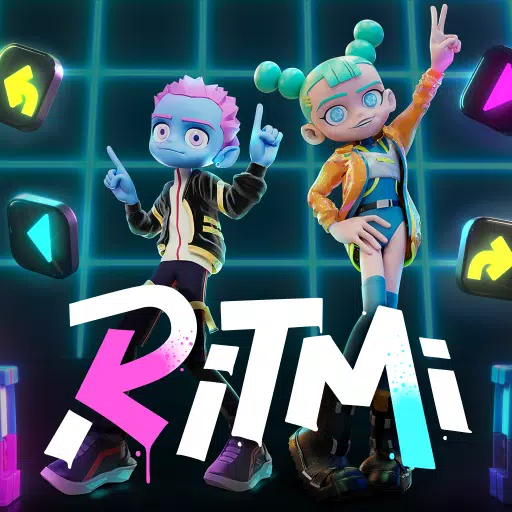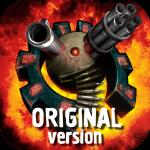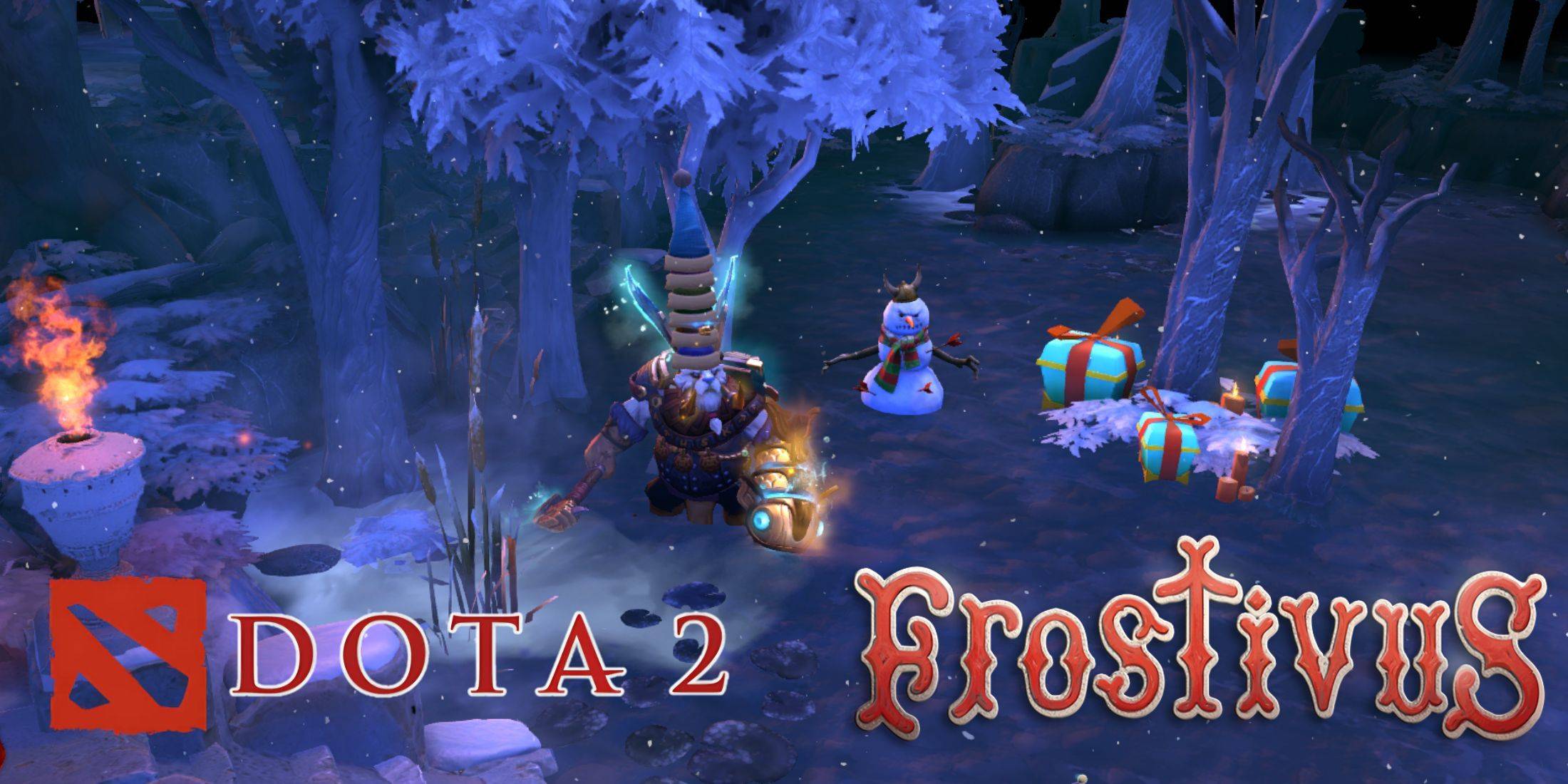This extensive interview with Andrew Hulshult, a prominent video game composer, delves into his career, creative process, and equipment. The conversation covers a wide range of topics, from his early work on canceled projects like Duke Nukem 3D Reloaded and Rise of the Triad (2013) to his more recent contributions to titles such as DOOM Eternal DLC, Nightmare Reaper, Amid Evil, and Prodeus.
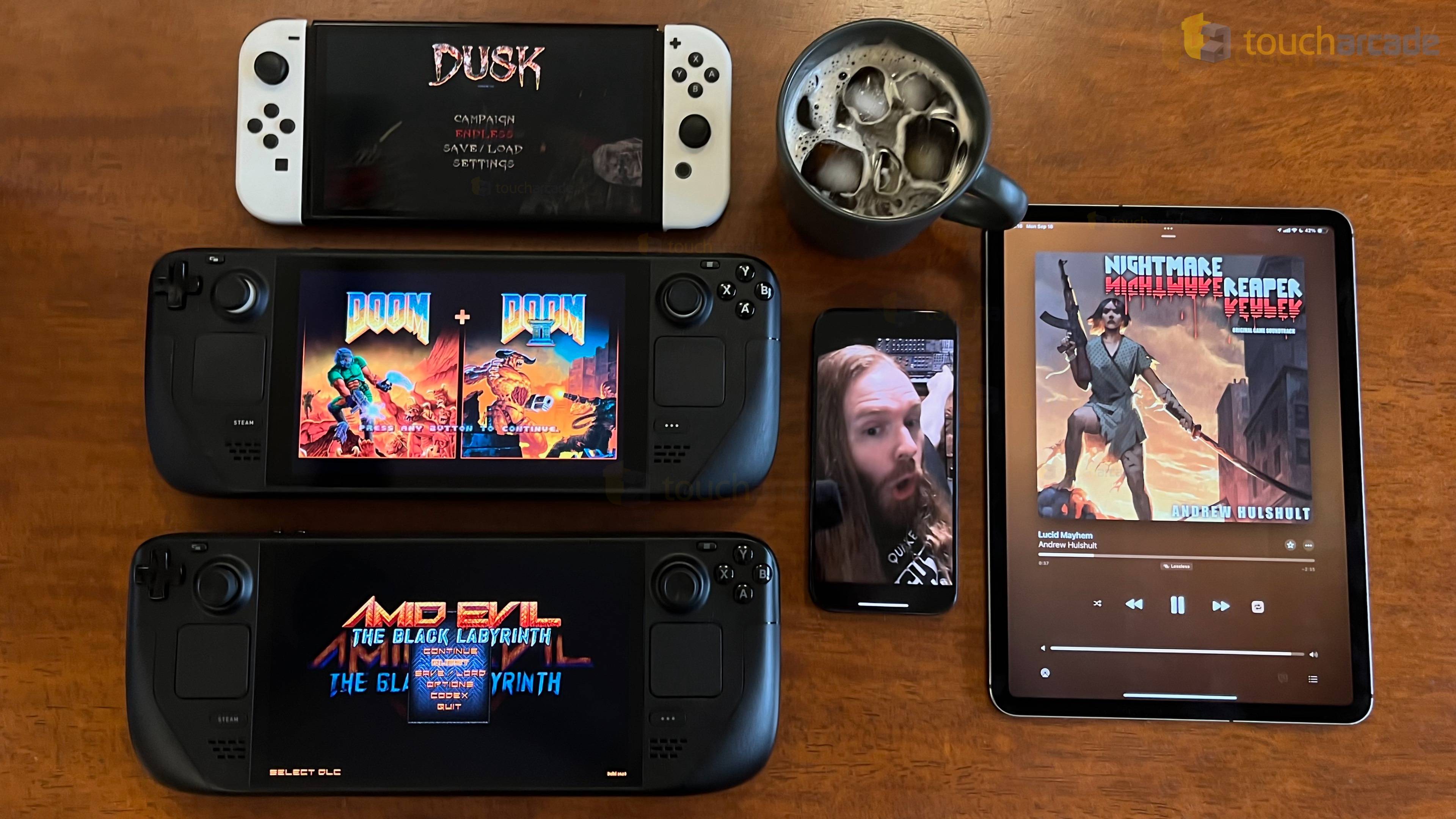
Hulshult discusses the challenges and misconceptions surrounding video game music, emphasizing the importance of both artistic integrity and financial stability. He reflects on his evolution as a musician, highlighting the learning curve involved in navigating industry contracts and managing client expectations. He details his creative process for various game soundtracks, explaining how he balances personal style with the need to complement the game's atmosphere and design.
The interview also features in-depth discussions on specific game soundtracks. For Rise of the Triad (2013), he explains his approach to reinterpreting classic tracks while maintaining their essence. For Bombshell and Nightmare Reaper, he discusses how his sound evolved towards a more prominent metal influence, while acknowledging his desire to avoid being typecast. He shares personal anecdotes about composing Amid Evil's DLC amidst a family emergency, and reflects on the unique challenges and rewards of working on Prodeus.
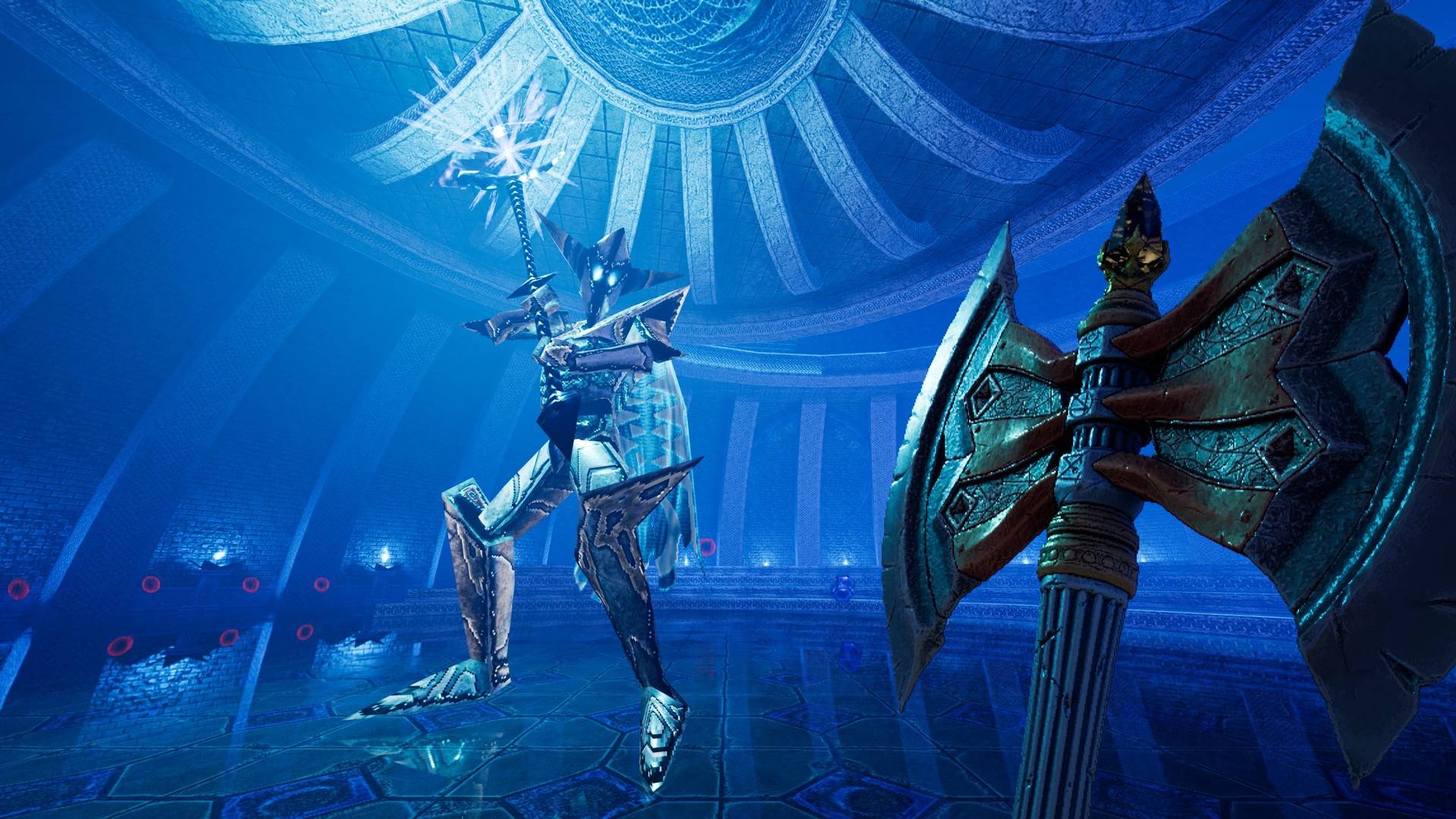
A significant portion of the interview focuses on his work on DOOM Eternal's DLC, including the highly popular "Blood Swamps" track. He reveals insights into his collaboration with id Software, the creative freedom he was given, and the process of creating music that both honored the legacy of the DOOM franchise and showcased his own distinct style. He also discusses the challenges and rewards of creating the IDKFA soundtrack and its subsequent remastering and expansion for the DOOM and DOOM II re-releases.
The conversation extends beyond video game music, exploring his experience composing for Markiplier's Iron Lung film, the differences between composing for film and games, and the impact of budget on his creative approach. He also touches upon his first chiptune album, Dusk 82, and the possibility of creating similar projects in the future.
The interview concludes with a detailed look at Hulshult's guitar setup, pedals, amps, and creative workflow, offering a glimpse into the technical aspects of his music production. He shares his daily routine, his thoughts on current bands and artists, and his aspirations for future projects. He discusses his thoughts on the evolution of Metallica's music and his personal collection of music memorabilia. The interview ends with a discussion of his coffee preferences.
 Home
Home  Navigation
Navigation






 Latest Articles
Latest Articles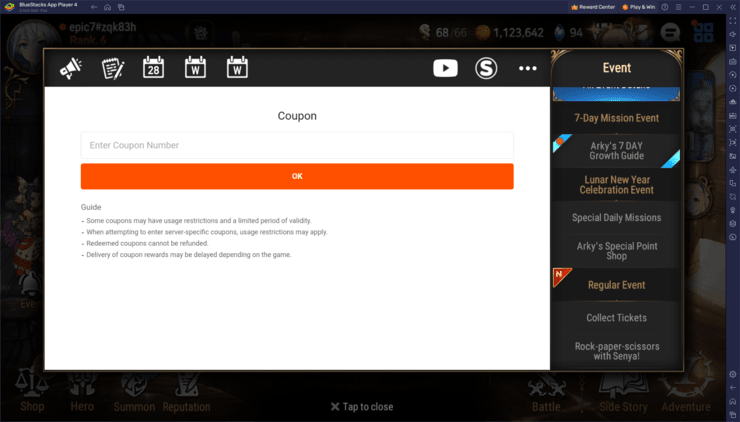
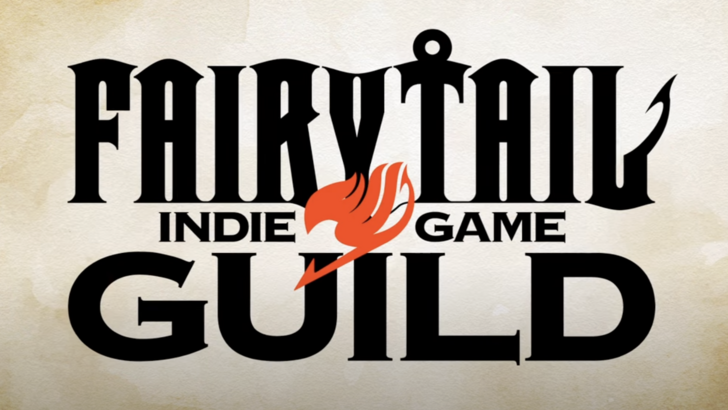
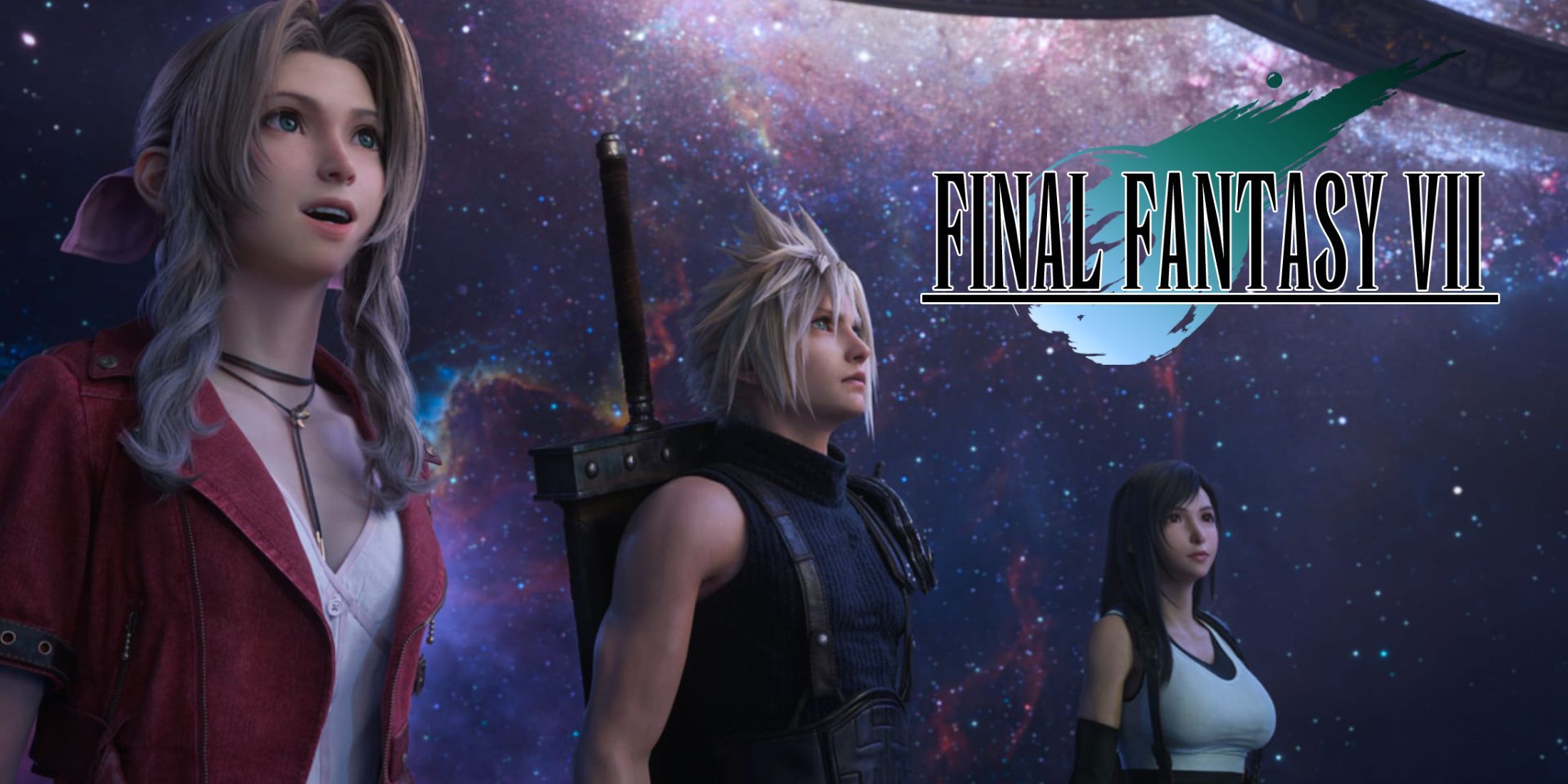








 Latest Games
Latest Games



